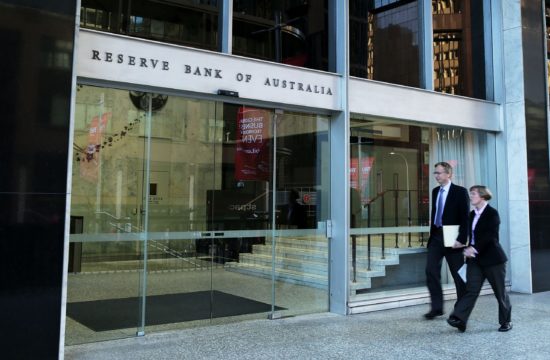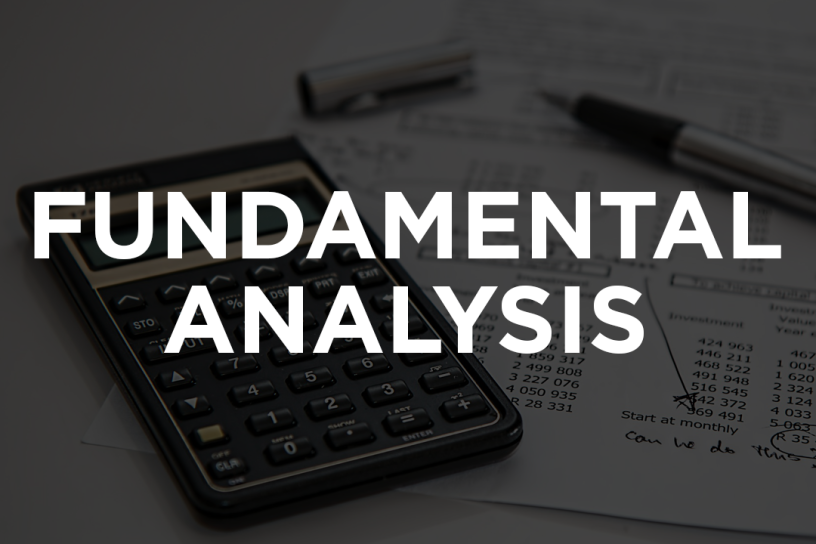Banco de México’s Governing Board decided to lower the target for the overnight interbank interest rate by 50 basis points to 5%.
The COVID-19 pandemic and the measures adopted to prevent its spread have affected world economic activity considerably. The contraction of economic activity observed during the first quarter intensified during the second, although in May certain indicators for various economies exhibited some improvement. Several multilateral organizations and analysts have revised again their economic expectations for 2020 downwards, with a recovery in 2021. These expectations are subject to a high degree of uncertainty. In advanced economies headline and core inflation are below their central bank’s targets. In this context, the monetary authorities have reduced policy rates to historically low levels and have used their balance sheets to foster an orderly functioning of financial markets. Likewise, several countries have implemented important fiscal stimulus measures to mitigate the adverse effects on employment and on households and firms’ income.
Since the last monetary policy decision, global financial markets have exhibited a positive behavior, reflecting the effects of the fiscal, monetary and financial stimuli measures adopted by the advanced economies and the gradual reopening of their productive activities. In Mexico, the peso appreciated in a volatile environment. Government bond yields decreased, especially shorter-term ones. Global and domestic financial conditions will continue to be mainly subject to the effects of the pandemic.

Economic activity in Mexico contracted significantly during the first quarter of the year and available information indicates that the impact of the pandemic intensified in April. Although the reopening of certain economic sectors and regions in May and June will foster a slight recovery of economic activity, the impact has been of considerable magnitude and uncertainty persists. For this reason, greater economic slack is expected within the time frame in which monetary policy operates and the balance of risks for growth remains significantly biased to the downside.

Annual headline inflation rose from 2.15 to 3.17% between April and the first fortnight of June 2020 due to increases in both its non-core and core components. Expectations for headline inflation for the end of 2020 are still at levels close to the target and those for the medium and long terms have remained relatively stable, albeit at levels above the 3% target.
The challenges for monetary policy posed by the pandemic include both the significant impact on economic activity as well as a financial shock. Regarding the foreseen trajectory for inflation, its determinants have slightly reduced it. Among the risks for inflation, the most important are, to the downside: i) a greater than expected impact of the widening of the negative output gap; and ii) downward inflationary pressures worldwide. To the upside: i) additional episodes of foreign exchange depreciation; and ii) logistical and supply-related problems concerning certain goods and services, as well as cost- related pressures associated with the adoption of sanitary measures. In this context, the balance of risks for inflation remains uncertain.
Taking into account the referred risks for inflation, economic activity and financial markets, major challenges arise for monetary policy and for the economy in general. Based on the foreseen scenarios, and considering the room for maneuvering that on balance these provide to monetary policy, with the presence of all its members, Banco de México’s Governing Board decided unanimously to lower the target for the overnight interbank interest rate by 50 basis points to a level of 5%.
The Governing Board will take the necessary actions on the basis of incoming information and considering the large impact on productive activity as well as the evolution of the financial shock that we are currently facing, so that the policy rate is consistent with the orderly and sustained convergence of headline inflation to Banco de México’s target within the time frame in which monetary policy operates. Perseverance in strengthening the macroeconomic fundamentals and adopting the necessary actions, regarding both monetary and fiscal policies, will contribute to a better adjustment of domestic financial markets and of the economy as a whole.














